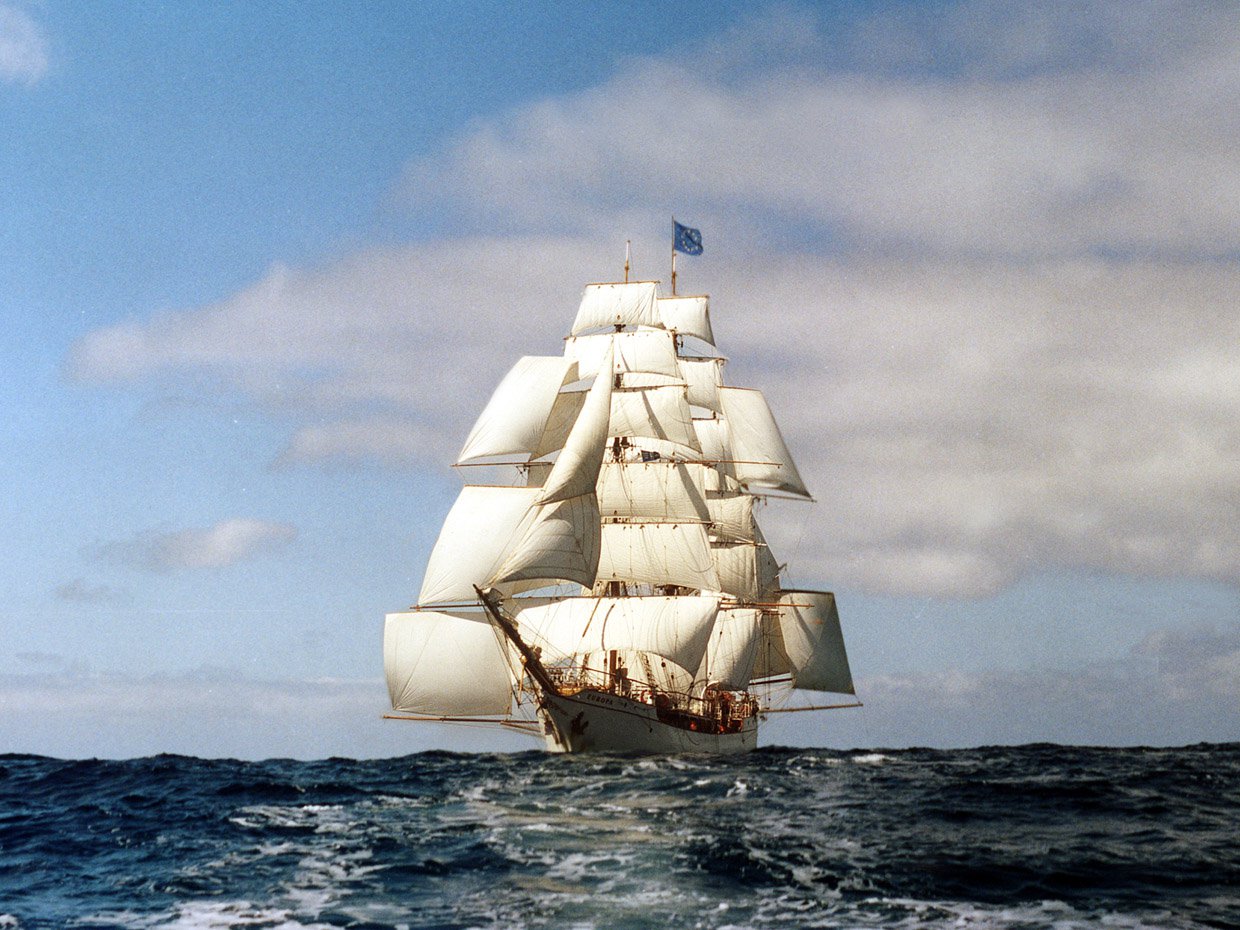31 May 2019
Precious.
Ronald Reagan, from his speech at the Moscow State University, May 31, 1988
30 May 2019
Authenticity.
“You should take your bride to the Sand Hills!” he suddenly shouts at me, his rheumy good eye suddenly sparkling with honeymoon cheer. “It’s one of the most beautiful places in the world!”
This is Harrison. Love drives you to share a secret place in nature, which you might ordinarily keep to yourself because its authenticity helps you stay alive. How many people would say, “Go to the Sand Hills on your honeymoon”? Not many. They are probably worth listening to.
CONNECT
29 May 2019
28 May 2019
Tippler.
From tankards scooped in pearl;
Not all the vats upon the Rhine
Yield such an alcohol!
Inebriate of air am I,
And debauchee of dew,
Reeling, through endless summer days,
From inns of molten blue.
When landlords turn the drunken bee
Out of the foxglove’s door,
When butterflies renounce their drams,
I shall but drink the more!
Till seraphs swing their snowy hats,
And saints to windows run,
To see the little tippler
Leaning against the sun!
Emily Dickinson
27 May 2019
Honoring.
The Unknown Soldier who is returned to us today and whom we lay to rest is symbolic of all our missing sons, and we will present him with the Congressional Medal of Honor, the highest military decoration that we can bestow.
About him we may well wonder, as others have: As a child, did he play on some street in a great American city? Or did he work beside his father on a farm out in America's heartland? Did he marry? Did he have children? Did he look expectantly to return to a bride?
We'll never know the answers to these questions about his life. We do know, though, why he died. He saw the horrors of war but bravely faced them, certain his own cause and his country's cause was a noble one; that he was fighting for human dignity, for free men everywhere. Today we pause to embrace him and all who served us so well in a war whose end offered no parades, no flags, and so little thanks. We can be worthy of the values and ideals for which our sons sacrificed -- worthy of their courage in the face of a fear that few of us will ever experience -- by honoring their commitment and devotion to duty and country.
We don't have bad days.
About him we may well wonder, as others have: As a child, did he play on some street in a great American city? Or did he work beside his father on a farm out in America's heartland? Did he marry? Did he have children? Did he look expectantly to return to a bride?
We'll never know the answers to these questions about his life. We do know, though, why he died. He saw the horrors of war but bravely faced them, certain his own cause and his country's cause was a noble one; that he was fighting for human dignity, for free men everywhere. Today we pause to embrace him and all who served us so well in a war whose end offered no parades, no flags, and so little thanks. We can be worthy of the values and ideals for which our sons sacrificed -- worthy of their courage in the face of a fear that few of us will ever experience -- by honoring their commitment and devotion to duty and country.
We don't have bad days.
26 May 2019
24 May 2019
Never.
There are balms for all our pain;
But when youth, the dream, departs
It takes something from our hearts,
And it never comes again.
We are stronger, and are better,
Under manhood’s sterner reign;
Still we feel that something sweet
Following youth, with flying feet,
And will never come again.
Something beautiful is vanished,
And we sigh for it in vain;
We behold it everywhere,
On the earth, and in the air,
But it never comes again.
Richard Henry Stoddard
High.
Here stand I for a sign.
Though earth be filled with waters dark,
My cup is filled with wine.
Tell to the trembling priests that here
Under the deluge rod,
One nameless, tattered, broken man
Stood up, and drank to God.
Sun has been where the rain is now,
Bees in the heat to hum,
Haply a humming maiden came,
Now let the deluge come:
Brown of aureole, green of garb,
Straight as a golden rod,
Drink to the throne of thunder now!
Drink to the wrath of God.
High in the wreck I held the cup,
I clutched my rusty sword,
I cocked my tattered feather
To the glory of the Lord.
Not undone were the heaven and earth,
This hollow world thrown up,
Before one man had stood up straight,
And drained it like a cup.
G.K. Chesterton
Thank you, Class of 2025.
19 May 2019
17 May 2019
Steep.
COMPOSED UPON WESTMINSTER BRIDGE, SEPTEMBER 3, 1802
Earth has not any thing to show more fair:
Dull would he be of soul who could pass by
A sight so touching in its majesty:
This City now doth, like a garment, wear
The beauty of the morning; silent, bare,
Ships, towers, domes, theatres, and temples lie
Open unto the fields, and to the sky;
All bright and glittering in the smokeless air.
Never did sun more beautifully steep
In his first splendour, valley, rock, or hill;
Ne'er saw I, never felt, a calm so deep!
The river glideth at his own sweet will:
Dear God! the very houses seem asleep;
And all that mighty heart is lying still!
William Wordsworth
16 May 2019
Wake.
Collins, Nantucket Pines, Sunset, 1997
ON MEDITATION, SORT OF
Meditation, so I’ve heard, is best accomplished
if you entertain a certain strict posture.
Frankly, I prefer just to lounge under a tree.
So why should I think I could ever be successful?
Some days I fall asleep, or land in that
even better place — half asleep — where the world,
spring, summer, autumn, winter —
flies through my mind in its
hardy ascent and its uncompromising descent.
So I just lie like that, while distance and time
reveal their true attitudes: they never
heard of me, and never will, or ever need to.
Of course I wake up finally
thinking, how wonderful to be who I am,
made out of earth and water,
my own thoughts, my own fingerprints —
all that glorious, temporary stuff.
Mary Oliver
ON MEDITATION, SORT OF
Meditation, so I’ve heard, is best accomplished
if you entertain a certain strict posture.
Frankly, I prefer just to lounge under a tree.
So why should I think I could ever be successful?
Some days I fall asleep, or land in that
even better place — half asleep — where the world,
spring, summer, autumn, winter —
flies through my mind in its
hardy ascent and its uncompromising descent.
So I just lie like that, while distance and time
reveal their true attitudes: they never
heard of me, and never will, or ever need to.
Of course I wake up finally
thinking, how wonderful to be who I am,
made out of earth and water,
my own thoughts, my own fingerprints —
all that glorious, temporary stuff.
Mary Oliver
Apparatus.
Caravaggio, David with the Head of Goliath, 1610
Whether the mask is labeled fascism, democracy, or dictatorship of the proletariat, our great adversary remains the apparatus—the bureaucracy, the police, the military. Not the one facing us across the frontier of the battle lines, which is not so much our enemy as our brothers' enemy, but the one that calls itself our protector and makes us its slaves. No matter what the circumstances, the worst betrayal will always be to subordinate ourselves to this apparatus and to trample underfoot, in its service, all human values in ourselves and in others.
Simone Weil
Tom Petty & The Heartbreakers, "One Story Town"
The same shit goes down
Nothing turns around
It's one story town
Nothing turns around
It's one story town
Catalogues.
To train in stargazing, the publisher and mapmaker Blaeu traveled to the island of Hven in Denmark, where he studied with Tycho Brahe, the preeminent astronomer of the period, whose detailed observations made possible Johannes Kepler’s discovery of the three laws of planetary motion. This globe relies on Tycho’s star catalogues to show the positions of the Northern stars, and it also prominently portrays the Danish astronomer.
CONNECT
Survey.
A little learning is a dang'rous thing;
Drink deep, or taste not the Pierian spring:
There shallow draughts intoxicate the brain,
And drinking largely sobers us again.
Fir’d at first sight with what the Muse imparts,
In fearless youth we tempt the heights of arts,
While from the bounded level of our mind,
Short views we take, nor see the lengths behind,
But more advanc’d, behold with strange surprise
New, distant scenes of endless science rise!
So pleas’d at first, the tow'ring Alps we try,
Mount o'er the vales, and seem to tread the sky;
Th’ eternal snows appear already past,
And the first clouds and mountains seem the last;
But those attain’d, we tremble to survey
The growing labours of the lengthen’d way,
Th’ increasing prospect tires our wand'ring eyes,
Hills peep o'er hills, and Alps on Alps arise!
Alexander Pope
15 May 2019
Revolutionizing.
The bishop of Paris, Maurice de Sully, commissioned the massive church complex around 1160. Yet the names of those who first constructed this masterpiece are lost to history. They left no records—only centuries of speculation—behind.
"So much ink has been spilled over that building," says art historian Andrew Tallon. "So much of it is completely wrong."
A former composer, would-be monk, and self-described gearhead—or, as he puts it, "tacklehead"—Tallon intends to make that history right. With the help of 21st-century laser scanners, he is teasing out clues hidden in the ancient stones of Notre Dame and other medieval structures—and revolutionizing our understanding of how these spectacular buildings were made.
CONNECT
Fourfold.
PHILIP PULLMAN: Blake once wrote these words to his friend Thomas Butts:
Now I a fourfold vision see,
And a fourfold vision is given to me:Now single vision in Newton’s sleep is the sort of deadly scientific reductionism that says everything can be explained by the movement of impersonal particles. Twofold vision is when we see things as human beings do, viewing everything through a penumbra of memories, hopes, associations, and so on, reacting in an essentially human way. Threefold vision is what he meant by poetic inspiration and fourfold vision is what I think he meant by mystical ecstasy—a moment of intense identification with the natural world. And following Blake, I believe that all four ways of reacting can be used by a writer according to what they are trying to achieve at different moments.
‘Tis fourfold in my supreme delight
And threefold in soft Beulah’s night
And twofold always, may God us keep
From single vision and Newton’s sleep!
NT: Have you ever got to fourfold vision yourself?
PP: Once when I was a boy, in a storm on the beach. And another time, when I was newly married, I remember coming home from my work as a library assistant going to our little flat in Barnes. And everything seemed to be double, everything seemed to have a parallel somewhere else. I remember seeing a group of people standing in a circle around a busker and the next thing I saw was a newspaper placard showing a picture of more people standing in a circle round a hijacked plane in Jordan somewhere. That sort of doubling I saw all the way. It was as if the whole universe was connected, leaving me in a state of gibbering excitement. Those were the only two times I have felt what Blake I think was referring to as fourfold vision. It is important never to rely entirely upon single vision. We must use all our faculties and senses always. Single vision is death.
CONNECT
Feast.
Up at the Hard Luck Ranch
there's a pyracantha bush full of red berries
right outside my study window.
In December after seven hard frosts
the birds arrive to eat the fermented berries.
The birds get drunk and unwary in this saloon
and the barn cats have a bird feast.
A phainopepla landed on my head, shrieking
when my eyebrow moved, booze on its bird breath.
Jim Harrison
Happy Birthday, Norgay
Tenzig Norgay was born on this day in 1914.
At 3:30 AM the two men began to brew up liquids for their summit push. First light allowed Tenzing to point out to Hillary the glowing Thyangboche Monastery in the valley far below and by 6:30 the pair had slung on their oxygen gear and set off up the ridge with Tenzing in the lead. On surpassing Tenzing and Lambert’s high point from the year before they began to encounter unconsolidated snow on the ridge. At 9 AM they reached the South Summit and were able to discard their empty twenty pound oxygen tanks and start on fresh cylinders. From here they found good snow conditions and continued toward the summit, stopping occasionally to clear ice from each others breathing tubes. Just below the summit they encountered a forty foot vertical section of rock. Hillary took the lead and through superhuman effort was able to labor up a chimney created between the rock and a vertical cornice of snow. Continuing on and carefully belaying each other one at a time they labored up the ridge. One hump of snow led to another and finally there was nothing beyond but the plains of Tibet fading toward the curved violet horizon. They were on the summit!
Hillary offered a congratulatory handshake to Tenzing but that was not sufficient. Tenzing threw himself at Hillary and gave him a hearty Sherpa hug. Hillary took some photos while Tenzing knelt down and buried a small pencil (given to him by his daughter Nima) and an offering of sweets in the summit snow, then he said a short prayer.
Standing up, Tenzing thought of Irvine and Mallory back in 1924 and scanned the summit for evidence of their attempt. Nothing. A gentle breeze caressed the climbers. On his head Tenzing wore the balaclava given to him by the crazy Earl Denman, around his neck was a scarf belonging to his great friend Raymond Lambert. His Swiss reindeer skin boots were on their third expedition and the wool socks that he wore were hand-knitted by his wife Ang Lahmu. He owed the entire sum of his expedition salary to friends back in Darjeeling.
Tenzing gazed down at his Solo Khumbu Valley where he had spent his childhood wondering at the far away summit on which he now stood. He marveled over the high pastures where he had grazed his father’s yaks as a child and knew that the Wheel had come full circle. For Tenzing Norgay it had been the shortest of distances, but a long journey indeed.
CONNECT
The BBC's documentary on Norgay's guiding of Sir Edmund Hillary to the summit of Everest in 1953 ...
Simply.
Rembrandt, A Scholar Reading, 1631
L.P. Jacks
14 May 2019
Happy Birthday, Byrne
David Byrne was born on this date in 1952.
I sense the world might be more dreamlike, metaphorical, and poetic than we currently believe--but just as irrational as sympathetic magic when looked at in a typically scientific way. I wouldn't be surprised if poetry--poetry in the broadest sense, in the sense of a world filled with metaphor, rhyme, and recurring patterns, shapes, and designs--is how the world works. The world isn't logical, it's a song.
David Byrne
"Playing the Building"
09 May 2019
Beethoven, Symphony No. 7 in A major, Op. 92
The Allegretto is performed by the Vienna Philharmonic, under the direction of Leonard Bernstein ...
08 May 2019
Return.
McCarthy, Landscape Study based on Charles Appel, N/D
Early one morning, any morning, we can set out, with the least
possible baggage, and discover the world.
It is quite possible to refuse all the coercion, violence, property,
triviality, to simply walk away.
That something exists outside ourselves and our preoccupations,
so near, so readily available, is our greatest blessing.
Walking is the human way of getting about.
Always, everywhere, people have walked, veining the earth with
paths, visible and invisible, symmetrical and meandering.
There are walks in which we tread in the footsteps of others,
walks on which we strike out entirely for ourselves.
A journey implies a destination, so many miles to be consumed,
while a walk is its own measure, complete at every point along
the way.
There are things we will never see, unless we walk to them.
Walking is a mobile form of waiting.
What I take with me, what I leave behind, are of less importance
than what I discover along the way.
To be completely lost is a good thing on a walk.
The most distant places seem most accessible once one is on
the road.
Convictions, directions, opinions, are of less importance than
sensible shoes.
In the course of a walk, we usually find out something about our
companion, and this is true even when we travel alone.
When I spend a day talking I feel exhausted, when I spend it
walking I am pleasantly tired.
The pace of the walk will determine the number and variety of
things to be encountered, from the broad outlines of a mountain
range to a tit’s nest among the lichen, and the quality of attention
that will be brought to bear upon them.
A rock outcrop, a hedge, a fallen tree, anything that turns us out
of our way, is an excellent thing on a walk.
Wrong turnings, doubling back, pauses and digressions, all contribute
to the dislocation of a persistent self-interest.
Everything we meet is equally important or unimportant.
The most lonely places are the most lovely.
Walking is egalitarian and democratic; we do not become experts
at walking and one side of the road is as good as another.
Walking is not so much romantic as reasonable.
The line of a walk is articulate in itself, a kind of statement.
Pools, walls, solitary trees, are natural halting places.
We lose the flavour of walking if it becomes too rare or too
extraordinary, if it turns into an expedition; rather it should be
quite ordinary, unexceptional, just what we do.
Daily walking, in all weathers, in every season, becomes a sort of
ground or continuum upon which the least emphatic occurrences
are registered clearly.
A stick of ash or blackthorn, through long use, will adjust itself
to the palm.
Of the many ways through a landscape, we can choose, on each
occasion, only one, and the project of a walk will be to remain
responsive, adequate, to the consequences of the choice we have
made, to confirm the chosen way rather than refuse the others.
One continues on a long walk not through effort of will but through
fidelity.
Storm clouds, rain, hail, when we have survived these we seem
to have taken on some of the solidity of rocks and trees.
A day, from dawn to dusk, is the natural span of a walk.
A dull walk is not without value.
To walk for hours on a clear night is the largest experience
we can have.
For the right understanding of a landscape, information
must come to the intelligence from all the senses.
Looking, singing, resting, breathing are all complementary
to walking.
Climbing uphill, the horizon grows wider, descending, the hills
gather round.
We can take a walk which is a sampling of different airs: the
invigorating air of the heights; the filtered air of a pine forest;
the rich air over ploughed earth.
We can walk between two places, and in so doing establish a link
between them, bring them into a warmth of contact, like
introducing two friends.
There are walks on which I lose myself, walks which return me to
myself again.
Is there anything better that to be out, walking, in the
clear air?
Thomas A. Clark
Look.
Anthony Esolen, from Ten Ways to Destroy the Imagination of Your Child
Imagine.
Amy Krouse Rosenthal, from Encyclopedia of an Ordinary Life
Transformed.
Rainer Maria Rilke
Same.
Souls never die, but always on quitting one abode pass to another. All things change, nothing perishes. The soul passes hither and thither, occupying now this body, now that, passing from the body of a beast into that of a man, and thence to a beast's again. As wax is stamped with certain figures, then melted, then stamped anew with others, yet is always the same wax, so the soul, being always the same, yet wears, at different times, different forms.
Pythagoras
07 May 2019
Always.
John Cowper Powys
Happy Birthday, Brahms
Johannes Brahms was born on this date in 1833.
Viktoria Mullova performs theViolin Sonata No. 3 in D minor, Op. 108 with Charles Abramovic ...
Sensibly indulgent ... HERE.
06 May 2019
Above.
Gainsborough School, Sheep in a Woodland Glade, N/D
I WALK'D the OTHER DAY
I walk’d the other day, to spend my hour,
Into a field,
Where I sometimes had seen the soil to yield
A gallant flow’r;
But winter now had ruffled all the bow’r
And curious store
I knew there heretofore.
Yet I, whose search lov’d not to peep and peer
I’ th’ face of things,
Thought with my self, there might be other springs
Besides this here,
Which, like cold friends, sees us but once a year;
And so the flow’r
Might have some other bow’r.
Then taking up what I could nearest spy,
I digg’d about
That place where I had seen him to grow out;
And by and by
I saw the warm recluse alone to lie,
Where fresh and green
He liv’d of us unseen.
Many a question intricate and rare
Did I there strow;
But all I could extort was, that he now
Did there repair
Such losses as befell him in this air,
And would ere long
Come forth most fair and young.
This past, I threw the clothes quite o’er his head;
And stung with fear
Of my own frailty dropp’d down many a tear
Upon his bed;
Then sighing whisper’d, “happy are the dead!
What peace doth now
Rock him asleep below!”
And yet, how few believe such doctrine springs
From a poor root,
Which all the winter sleeps here under foot,
And hath no wings
To raise it to the truth and light of things;
But is still trod
By ev’ry wand’ring clod.
O Thou! whose spirit did at first inflame
And warm the dead,
And by a sacred incubation fed
With life this frame,
Which once had neither being, form, nor name;
Grant I may so
Thy steps track here below,
That in these masques and shadows I may see
Thy sacred way;
And by those hid ascents climb to that day,
Which breaks from Thee,
Who art in all things, though invisibly!
Shew me thy peace,
Thy mercy, love, and ease,
And from this care, where dreams and sorrows reign,
Lead me above,
Where light, joy, leisure, and true comforts move
Without all pain;
There, hid in thee, shew me his life again,
At whose dumb urn
Thus all the year I mourn.
I WALK'D the OTHER DAY
I walk’d the other day, to spend my hour,
Into a field,
Where I sometimes had seen the soil to yield
A gallant flow’r;
But winter now had ruffled all the bow’r
And curious store
I knew there heretofore.
Yet I, whose search lov’d not to peep and peer
I’ th’ face of things,
Thought with my self, there might be other springs
Besides this here,
Which, like cold friends, sees us but once a year;
And so the flow’r
Might have some other bow’r.
Then taking up what I could nearest spy,
I digg’d about
That place where I had seen him to grow out;
And by and by
I saw the warm recluse alone to lie,
Where fresh and green
He liv’d of us unseen.
Many a question intricate and rare
Did I there strow;
But all I could extort was, that he now
Did there repair
Such losses as befell him in this air,
And would ere long
Come forth most fair and young.
This past, I threw the clothes quite o’er his head;
And stung with fear
Of my own frailty dropp’d down many a tear
Upon his bed;
Then sighing whisper’d, “happy are the dead!
What peace doth now
Rock him asleep below!”
And yet, how few believe such doctrine springs
From a poor root,
Which all the winter sleeps here under foot,
And hath no wings
To raise it to the truth and light of things;
But is still trod
By ev’ry wand’ring clod.
O Thou! whose spirit did at first inflame
And warm the dead,
And by a sacred incubation fed
With life this frame,
Which once had neither being, form, nor name;
Grant I may so
Thy steps track here below,
That in these masques and shadows I may see
Thy sacred way;
And by those hid ascents climb to that day,
Which breaks from Thee,
Who art in all things, though invisibly!
Shew me thy peace,
Thy mercy, love, and ease,
And from this care, where dreams and sorrows reign,
Lead me above,
Where light, joy, leisure, and true comforts move
Without all pain;
There, hid in thee, shew me his life again,
At whose dumb urn
Thus all the year I mourn.
Henry Vaughan


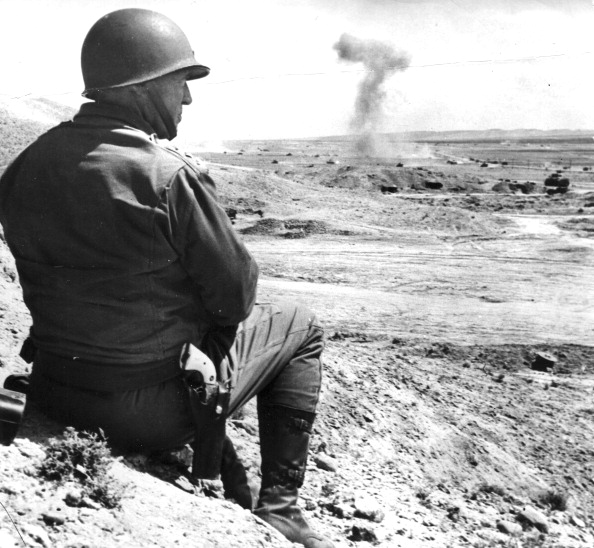
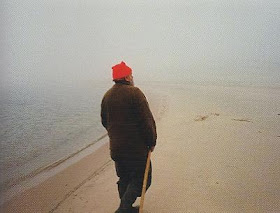


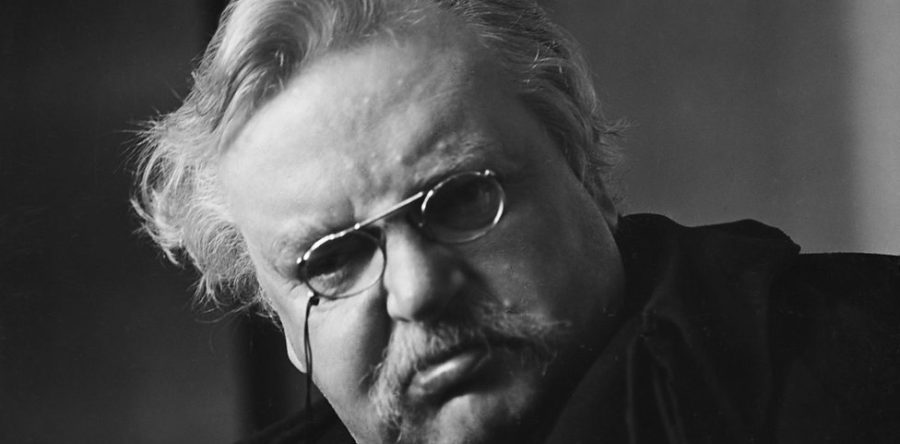
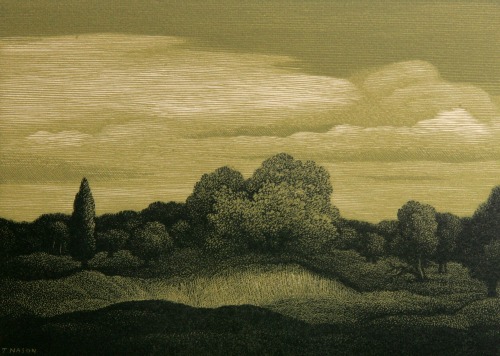
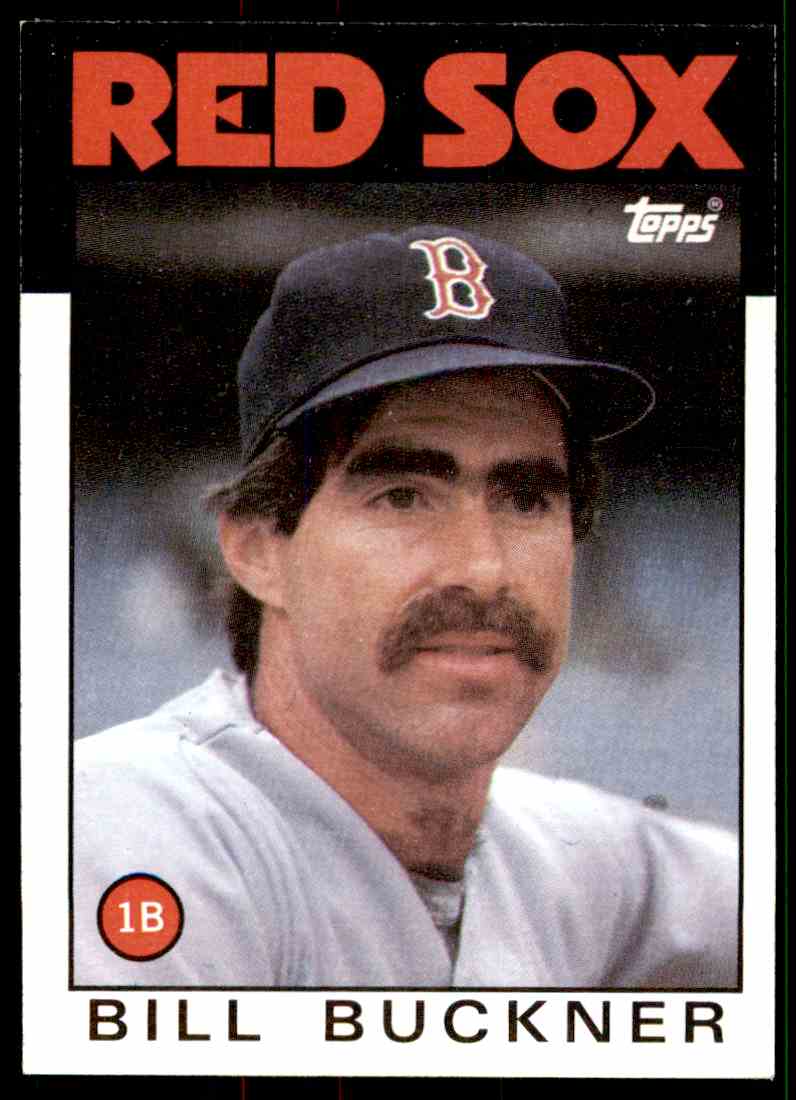

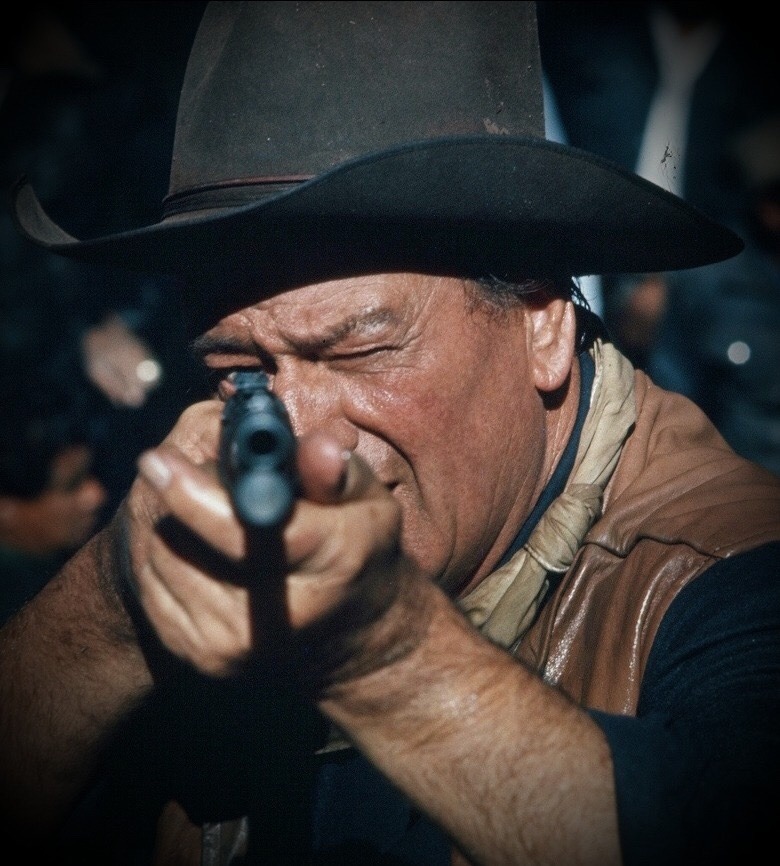




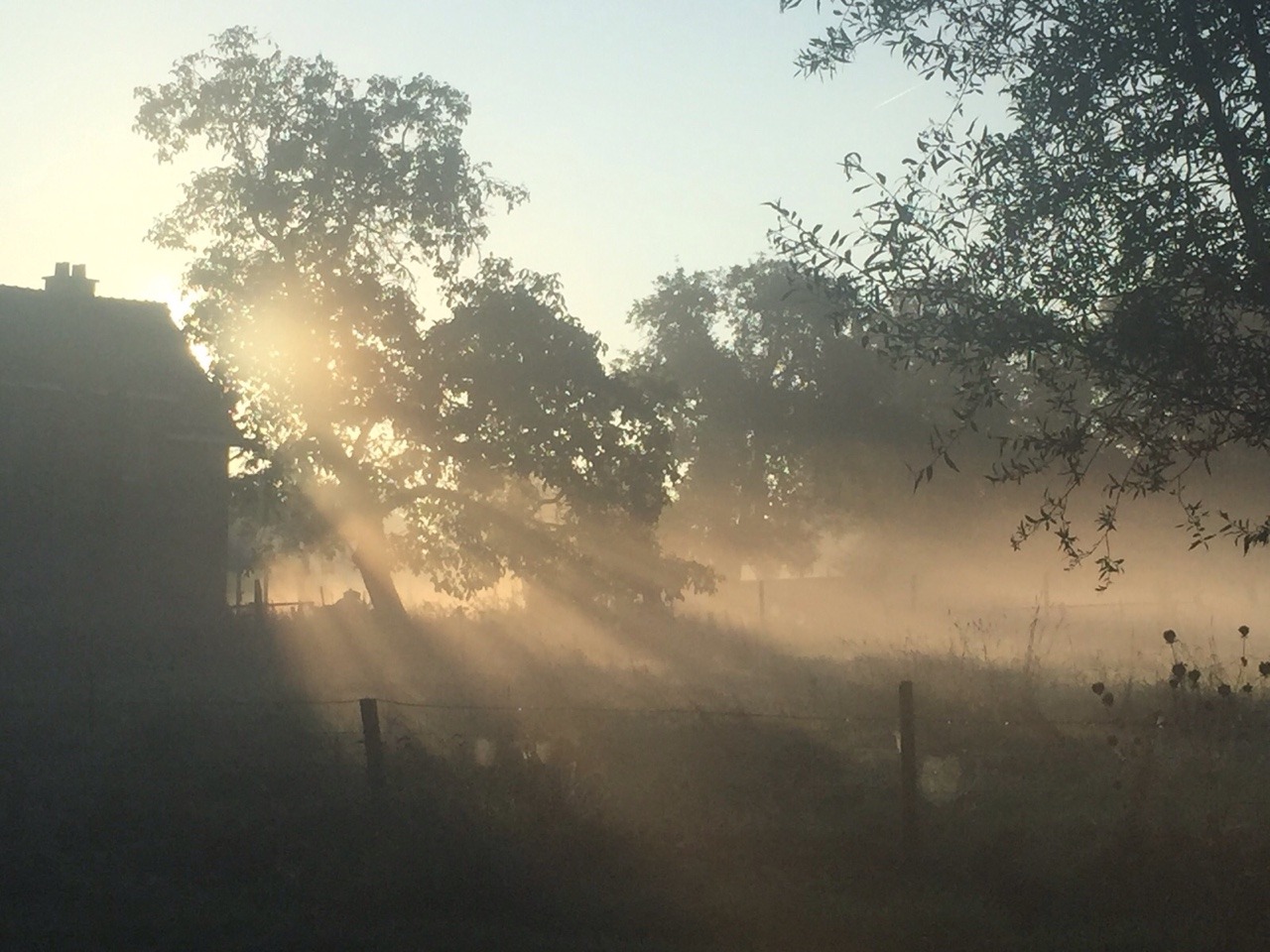
.jpg)




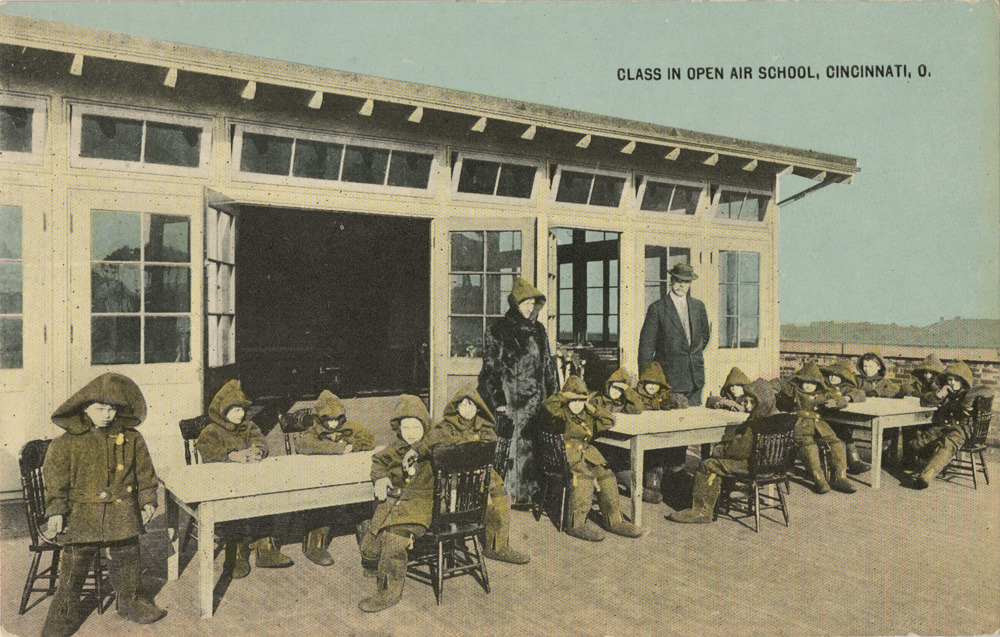







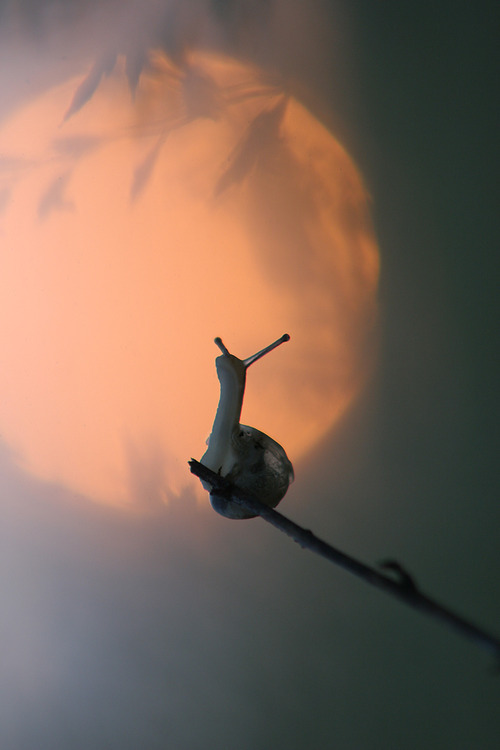







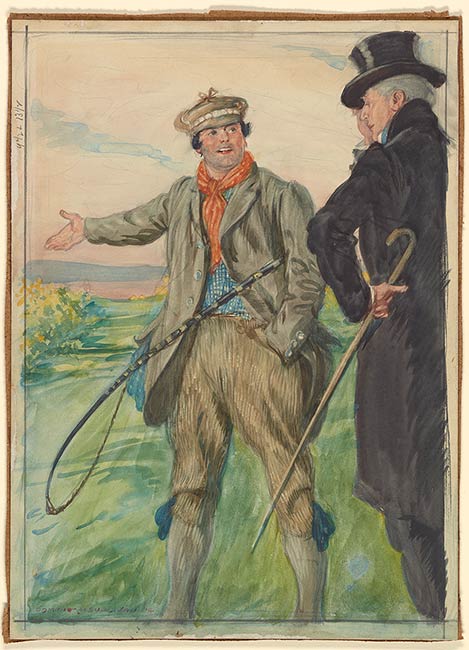


:format(jpeg):mode_rgb():quality(90)/discogs-images/R-12666632-1539648916-9776.jpeg.jpg)
